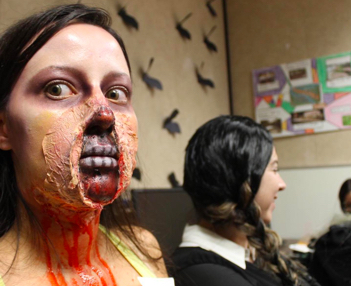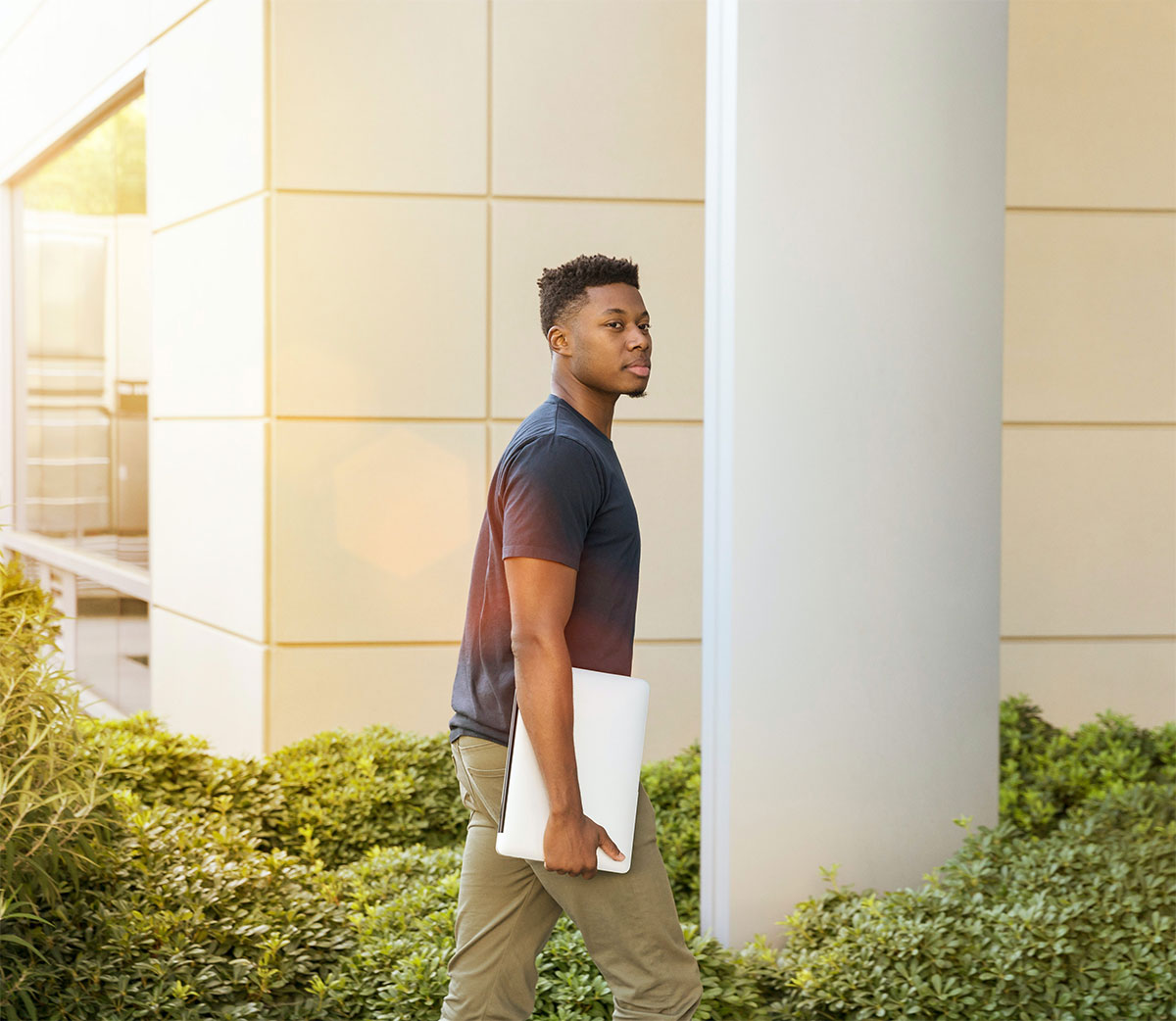EXTRA CURRICULAR ACTIVITIES

Conversation Club
CalCC invites local business people or government officials once a month to have a conversation hour with the international students. After the short presentation, students may ask questions to these guests. This kind of activity will enable the students to practice their English language skills with people other than their teachers and classmates.

Potluck Parties
CalCC holds a Potluck Party once per session where students bring a dish from their home country to share with classmates and teachers. These parties also follow certain themes depending on the month.

CalCC Social Media
Many students are on social media and it is a good way to connect with your classmates and meet new friends.
Join CalCC’s online communities by adding us as a friend, following or liking us.

Internet Access
Complimentary WiFi internet access is extended to all students as a service provided by the school.

Educational Field Trips
Occasionally CalCC's faculty or staff organizes field trips to local museums, libraries and government buildings, parks, etc. We annually visit schools such as San Jose City Colle, UC Santa Cruz Extension, Stanford University, etc.

Touristic Short Trips
Students are invited to go for one-day trip to San Francisco, Santa Cruz or Monterey. We also visit companies in the Silicon Valley such as Google, Apple, Facebook, Amazon, etc.

Camping
Traditionally every year students go to Yosemite, Lake Tahoe or Sunset Beach for camping and stay 1-3 days in outdoor tents.

Holidays Celebration parties
Special parties with lunch or dinner and lots of fun are organized on Valentine’s Day, Halloween, Thanksgiving, and Christmas.
